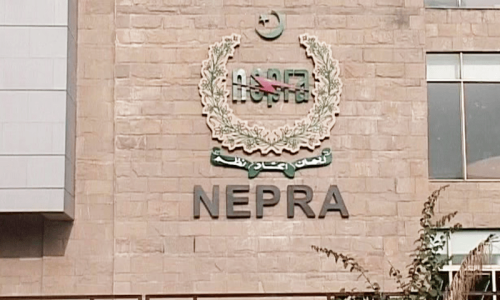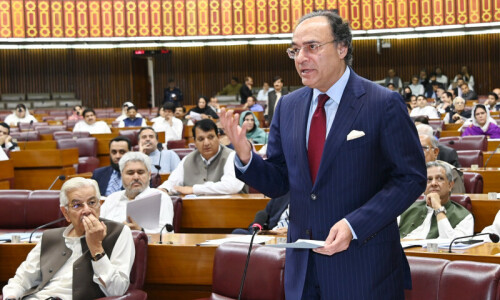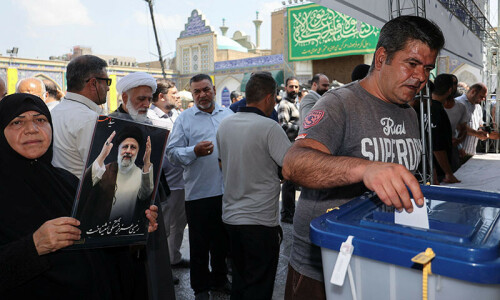KARACHI, Oct 18: The rising interest rate has started hitting the industrial sector, particularly the textile sector. The profitability of this key sector fell sharply despite a number of incentives offered by the government.
The cost of financing has gone up while the cost of input also increased because of increasing interest rates. Bankers said that even the big industrial houses were borrowing at a double-digit rate despite a good market reputation.
A research report prepared by a brokerage house showed that the cost of financing for the textile sector went up by 83 per cent during the financial year 2005-06. The report said further that the profitability of the textile sector fell by 29 per cent during the same fiscal. “This is alarming for the country as it depends largely on the textile sector for its export earnings and huge direct and indirect employments are attached with it.”
The bankers said the credit outflow towards the textile sector dropped sharply and borrowing by the textile sector last year declined by 28 per cent.
“The first quarter credit off-take by the private sector was almost negative, compared to the first quarter of last year, which will ultimately affect the final output of the industrial production,” said Saleem Almani, a textile miller.
The bankers said lending rates were high because of the prevailing high inflation rate that compelled banks to keep the rates high and maintain a large banking spread. The banks’ average banking spread is still over 7.5 per cent and most of the bankers justify it in the wake of high inflation.
“Based on our sample companies, profitability of the textile sector in the fiscal year 2005-06 declined by 29 per cent as it stood at Rs5.3 billion as against Rs7.5 billion,” said Muzzamil Mussani of JS and Company in his report on textile. “Although net sale of the segment grew by 10 per cent, bottom line was adversely affected by the rising interest cost, as financing cost soared by 83 per cent in the fiscal year 2005-06,” he said.
The tight monetary policy, which engaged more liquidity of banks with the State Bank, finally resulted in slow monetary growth and less credit offtake by the private sector. However, another impact of the policy emerged in the shape of costlier money. The government has been opposing curtailing credit flow towards the private sector but the monetary controlling authority has been advocating cutting of huge credit flows which was essential for low inflation.
Analysts said the impact of costlier lending had covered other sectors also and that would make the products uncompetitive in the world market.
“We are facing a cut-throat competition in the world market due to cheap Chinese and India products, and if the high interest rates kept strong grip over cost of production, we will be simply out of the competition,” said Mr Almani.
The textile sector has been provided with the money at cheaper rate to increase exports, but exporters said if the finished products would be costlier, there would be no use of cheaper export finance.
The State Bank in July reduced the export refinance to 6.5 per cent from 7.5 per cent. It also reduced banks’ margin from 1.5 per cent to one per cent. Now the exporters can get export financing at 7.5 per cent, while the market rate is not less than 12 per cent.
“Money flows at many stages before shaping up the product to its final look and costly money goes through every stage that means the products will be costlier and uncompetitive,” added Mr Almani.












































Dear visitor, the comments section is undergoing an overhaul and will return soon.